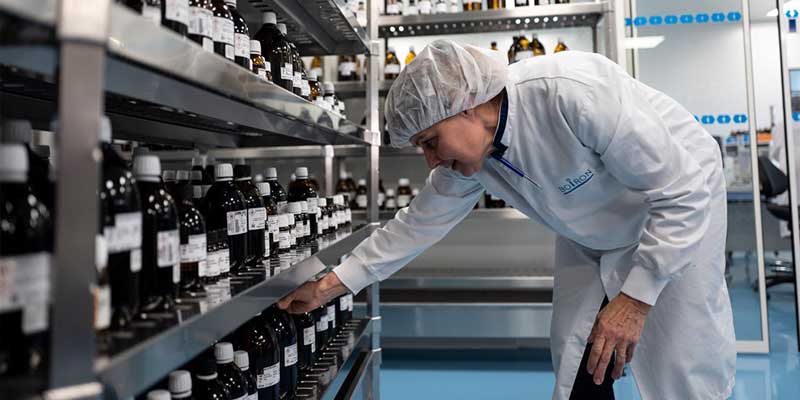- World
- May 18
Calls grow for revamping WHO norms
More than 60 civil society organisations have written to the WHO chief, demanding revision of the global health body’s guidelines on evaluation of similar biotherapeutic products (SBPs), which were adopted in 2009.
The regulatory framework for approval of SPBs, put in place by many countries, including India, is in accordance with the WHO guidelines, which the groups claim are “unnecessarily cumbersome”.
They allege that the “failure” of the WHO secretariat to update the guidelines in line with current scientific evidence and technological advances, “compromises access to affordable biotherapeutic products” and has “grave consequences for the realisation of the right to health and the right to enjoy scientific progress”.
What are SBPs?
Biotherapeutic products (biotherapeutics) have a successful record in treating many life-threatening and chronic diseases. However, their cost has often been high, thereby limiting their access to patients, particularly in developing countries.
Recently, the expiration of patents and/or data protection for the first major group of originator’s biotherapeutics has ushered in an era of products that are designed to be ‘similar’ to a licensed originator product.
According to the WHO guidelines, similar biotherapeutic product (SBP) is a product that is similar in terms of quality, safety and efficacy to an already licensed reference biotherapeutic product (RBP).
A variety of terms such as ‘biosimilar products’, ‘follow-on protein products’ and ‘subsequent-entry biologics’ have been coined by different jurisdictions to describe them.
When was the guidelines on SBPs adopted?
The WHO guidelines on evaluation of SBPs were adopted by the WHO Expert Committee on Biological Standardisation (ECBS) in 2009, and have raised awareness of the complex scientific issues related to the licensing of SBPs.
Civil society groups claim that even though a resolution of the World Health Assembly in 2014 mandates the director general to convene the ECBS to update the 2009 guidelines, till date, the secretariat has neither updated the SBP guidelines nor has the WHO given any scientific reasons for the decision.
How are SPBs different from generic drugs?
The term ‘generic’ medicine is used to describe chemical, small molecule medicinal products that are structurally and therapeutically equivalent to an originator product whose patent and/or data protection period has expired. The demonstration of bioequivalence of the generic medicine with a reference product is usually appropriate and sufficient to infer therapeutic equivalence between the generic medicine and the reference product.
In contrast, SBP refers to usually relatively large and complex molecules of biological origin that are more difficult to characterise due to the inherent heterogeneity of biological products. The abbreviated development of both generics and SBPs depends on the data and knowledge gained over time about their reference products.
Who are demanding a revamp of guidelines?
The groups, including Cancer Patients Aid Association (India), Section 27 (South Africa), Third World Network (Malaysia), Fundacion FARMA (Colombia) and Treatment Action Group (US), have demanded that the WHO, in its capacity as the directing and coordinating authority on international health, make public the scientific reasons for insisting on comparative clinical trials for the approval of SBP and take measures to update the guidelines.
The groups have raised concerns that the “current SBP guidelines insists on head-to-head comparison of non-originator biotherapeutic product with the originator product with the goal of establishing similarity in quality, safety, and efficacy”.
Citing a memorandum signed by eight scientists calling for a revision of the SBP guidelines, they claim that “this insistence of comparative clinical trials makes development of non-originator biotherapeutic products expensive and time-consuming”.
In addition, there is increasing robust scientific evidence that calls into question the need for comparative clinical trials for the approval of non-originator biotherapeutic products.
They also sought public consultations be held to review the scientific evidence with respect to the need for comparative clinical trials, among other things.

